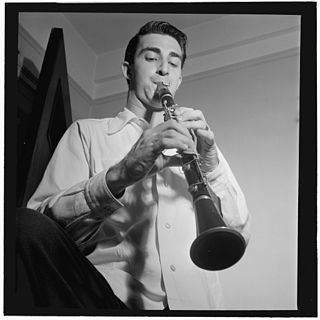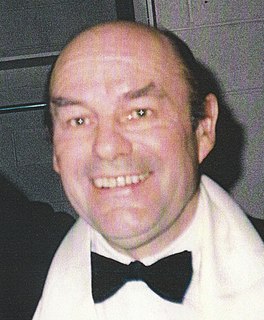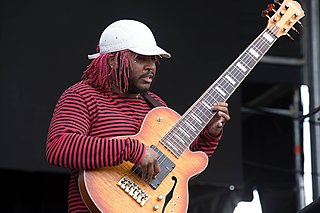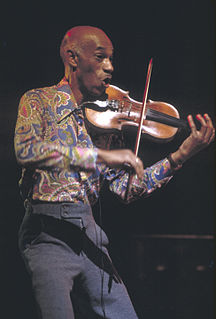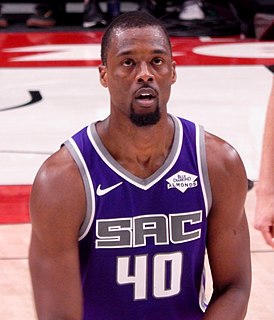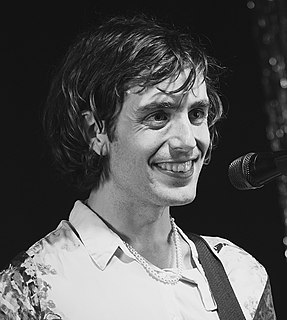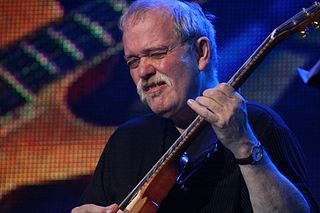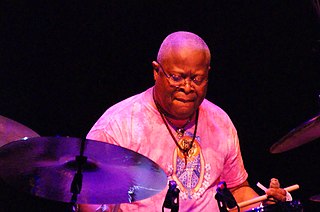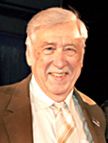A Quote by Buddy DeFranco
When you're playing jazz, you have to somehow overcome that feeling of being intimidated because your aim is to portray that freedom in what you're playing.
Related Quotes
I got into playing the jazz. I played jazz for a good while. I did the popular stuff first. You got the "Twelfth Street Rag" and those kinds of things. Then I got to hanging around with a bunch of guys starting to playing jazz. We'd go from one place to the other and take our instruments, just perform for free.
The artist is very lucky, because in an art form that's spontaneous like jazz, that's when you really see your true self. And that's why, when I put down my instrument, that's when the challenge starts, because to learn how to be that kind of human being at that level that you are when you're playing - that's the key, that's the hard part.
His musical inspiration operates in a world uncluttered by conventional bar lines, conventional chord changes, and conventional ways of blowing or fingering a saxophone. Such practical 'limitations' did not even have to be overcome in his music; they somehow never existed for him. Despite this - or more accurately, because of this - his playing has a deep inner logic. Not an obvious surface logic, it is based on subtleties of reaction, subtleties of timing and color that are, I think, quite new to jazz - at least they have never appeared in so pure and direct a form.
